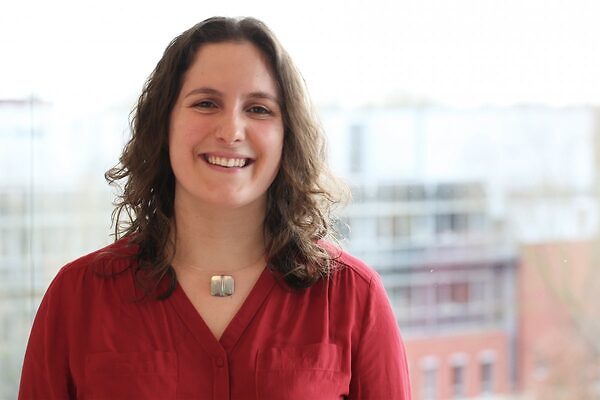An animal should not do that – symbiotic annelids synthesize a plant sterol de novo

Date
Location
Description
Seminar by Dr. Dolma Michellod
Department of Symbiosis
Max Planck Institute for Marine Microbiology
Bremen, Germany
An animal should not do that – symbiotic annelids synthesize a plant sterol de novo
Abstract
Sterols are essential for the functioning of eukaryotic cell membranes. Studies on model eukaryotic organisms suggest that at some point in the early evolution of eukaryotes, sterol synthesis diverged to become kingdom specific, so that in extant species plants use phytosterols and animals rely on cholesterol. The resulting paradigm has been that animals use cholesterol and cannot synthesize phytosterols.
Our study overturn this paradigm by showing that animals are able to synthesize phytosterols. Using a wealth of approaches, we described a group of marine symbiotic invertebrates – the annelids Olavius and Inanidrilus – that use the phytosterol sitosterol as their main sterol and can synthesize it de novo using a functional novel sterol methyltransferase (C24-SMT). While essential to sitosterol synthesis in plants, C24-SMTs were thought to have been lost early in the evolution of animals.
Expanding our search, we showed that C24-SMT homologs are widespread in annelids and present in at least four other animal phyla. Incongruences between C24-SMT phylogeny and the evolutionary history of animals and eukaryotes in general are hard to explain with vertical inheritance alone. A more likely explanation for the observed C24-SMT tree topology would be repeated, independent events of lateral gene transfer (LGT). This would be the first evidence for rampant LGT of gene homologs within the animal kingdom and suggest that the acquisition of C24-SMTs provide animals with a strong selective advantage.
Reference
https://www.science.org/doi/10.1126/science.add7830
Subscribe to the OIST Calendar: Right-click to download, then open in your calendar application.



